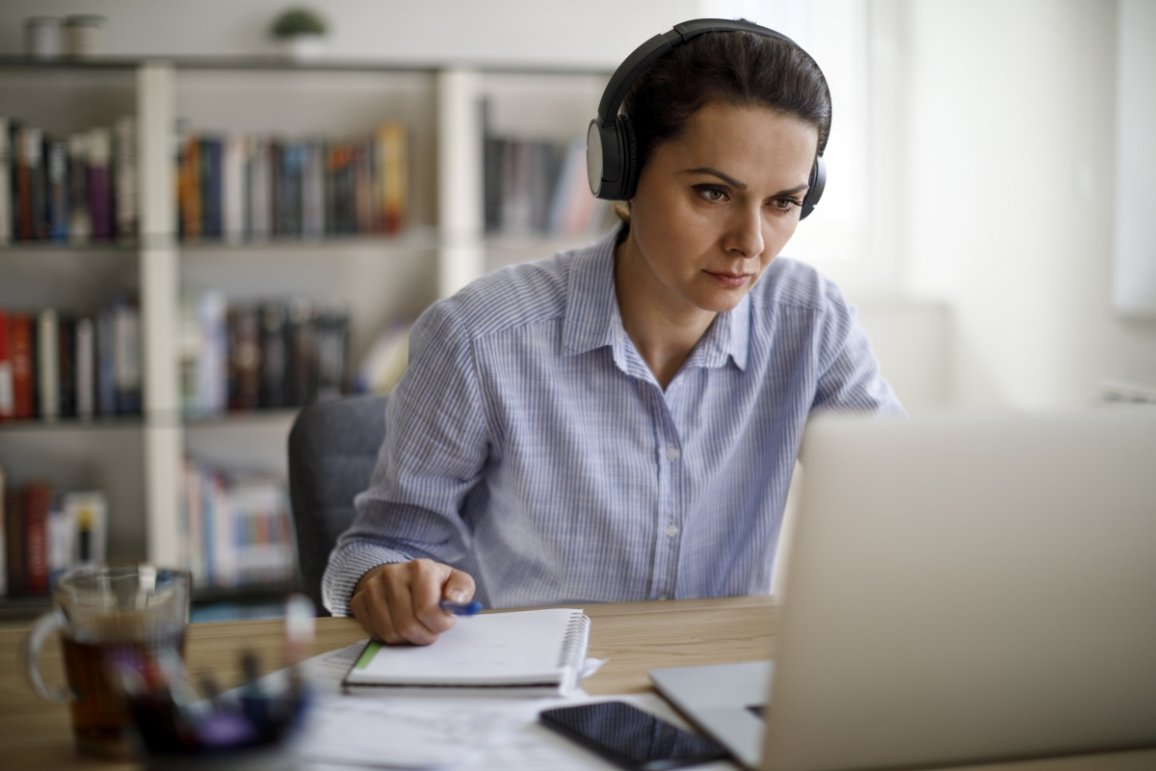ALPLA Academy: Virtual learning environment
Over the course of the coronavirus pandemic, universities, schools and educational institutions have had to shift their offerings to the virtual world – as have companies, whose seminars and training courses were not possible due to the necessary social distancing, with many countries even forbidding it. Anyone who did not have to start from square one when it comes to digital learning was at a clear advantage. Luckily, this is the case for the ALPLA Academy.

The ALPLA Academy is the company’s own platform for the development and training of employees of the international specialist in plastic packaging and recycling. In the Corporate Learning & Training department, digital formats have long played an important role when it comes to passing on knowledge to the some 21,000 employees in 46 countries across four continents. Experts conceptualise and realise a comprehensive programme of e-learning courses, explanatory videos and smart shows.
Exactly 21,867 e-learning courses were completed at ALPLA in 2019. Three-fourths of all completed courses deal with the subject of compliance and audits. For example, with nearly 8000 certificates issued, the course on food safety and hygiene management in 2019 took the top spot, followed by courses on work safety (5639) and the Code of Conduct (3886). When employees complete the courses successfully, this is important for, among other things, external certifications with which ALPLA is able to demonstrate its high quality standards.
Digital learning growing in importance
Around 15 per cent of the courses carried out are so-called specialist knowledge offerings, some of which are obligatory, that are created by the Academy on behalf of specialist departments or regions. There are also free offerings that range from software tutorials, courses and production technologies to information about meeting culture. ‘The interest level in these open subjects is constantly rising,’ says Vicky Müller, Corporate Learning & Development Expert, with pleasure. For her, it is clear: ‘As digitisation progresses, the acceptance of digital learning also increases. The new working conditions during the coronavirus pandemic have surely also provided some added impetus in this regard. After all, virtual communication was the only option at certain times.’
During this phase, the Academy team also shared external videos to provide information to managers and employees. A webinar tailored to the needs of managers prepared the more than 100 participants for the specific requirements of working together in a virtual environment. In addition, a number of events originally planned as in-person training sessions were conducted as webinars, which was very well received by the participants.
Large portfolio
The e-learning portfolio is currently comprised of 33 courses which are offered in up to 23 different languages. This results in a total instruction time of 153 hours. A course can consist of multiple modules, each of which runs for between five and 15 minutes. A total of 31 different modules were produced in 2019. In all of the different languages, that even makes 256 modules with an instruction time of 34 hours. Furthermore, there are also brief explanatory videos, which were viewed a total of 2631 times in 2019. Nearly 90 per cent of the content was produced internally.
Do you like our texts? Perhaps even so much that you want to use them in your own media? Then please get in touch with us beforehand!
